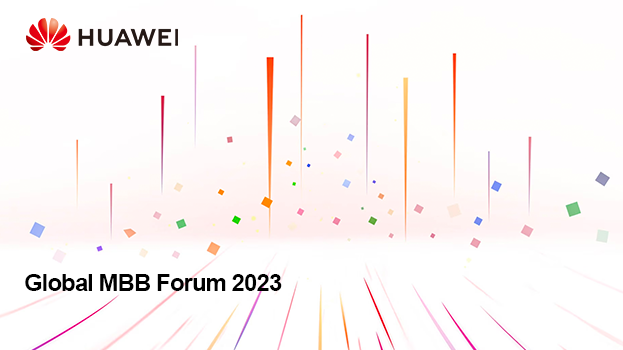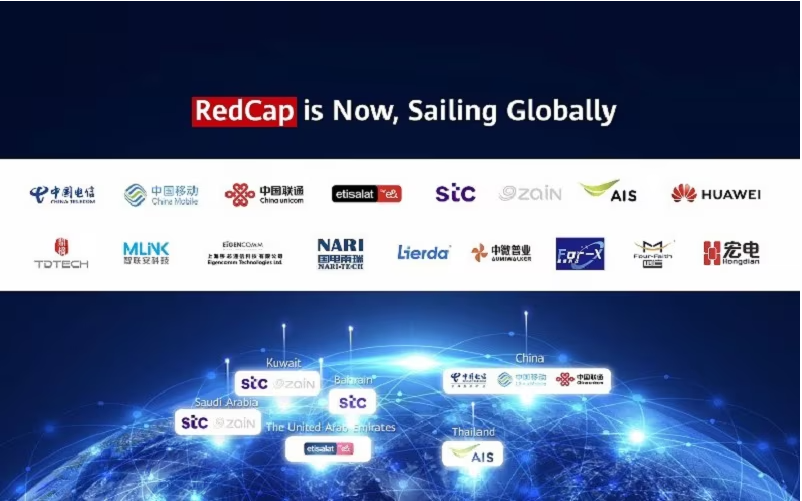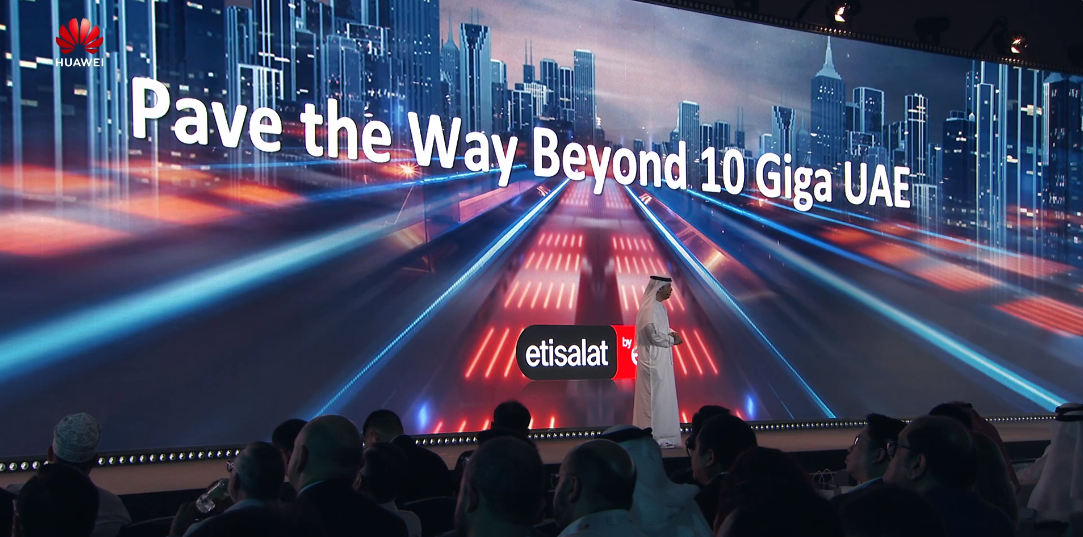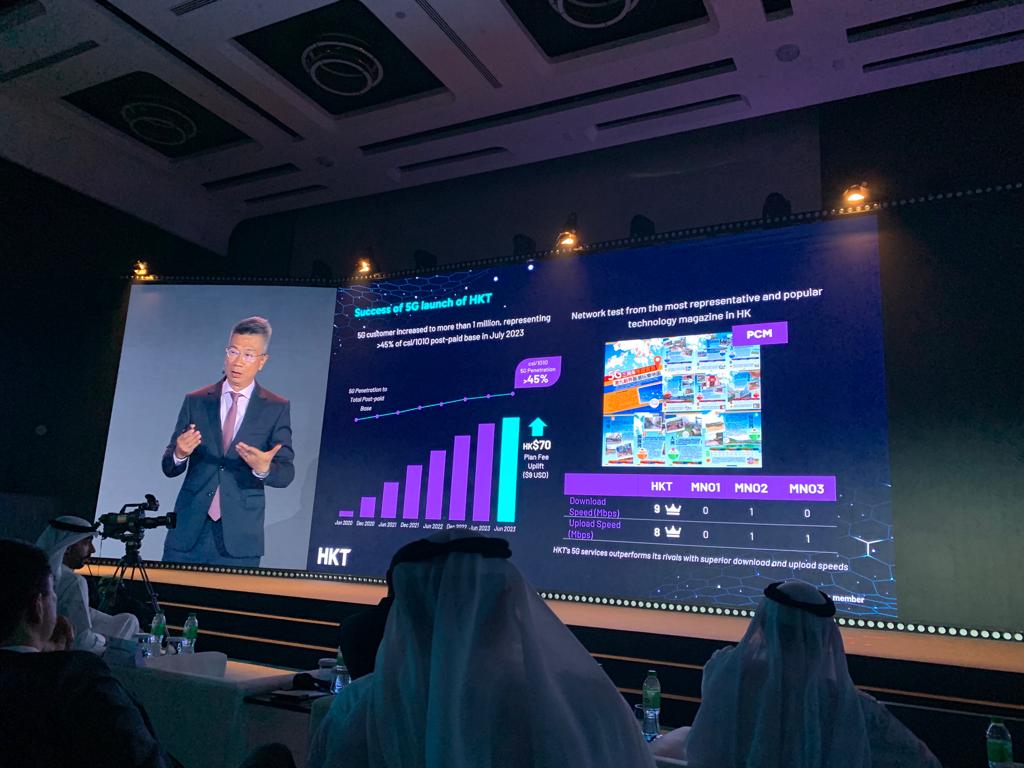Malaysia’s government plans to roll out a second 5G network by 2024. With bidding for equipment contracts open to all companies, Western governments warn the country not to allow China’s Huawei to participate.
As of 3rd May, the Southeast-Asian country of Malaysia has decided to adopt a dual network model for the 5G rollout next year. This step has been initiated due to widespread concerns about pricing and competition for a single-state network. The Malaysian Prime Minister Anwar Ibrahim’s six-month administration has taken to breaking monopolies and promoting competition, despite the fact, that this could create tension with Western countries who wanted Malaysia to stick to its original plan.
No Monopoly for State Agency
A brief insight into what happened in 2021: Malaysia unveiled a plan under which the state agency “Digital Nasional Berhad (DNB)” would own the entire 5G spectrum and various operators will use the infrastructure to provide mobile services. As of now, Malaysia has decided to allow a second facility to be built, as soon as DNB coverage reaches 80% of population centres.
Communications Minister Fahmi Fadzil said in a statement. “This model also considers the resilience of the telecommunications industry ecosystem in Malaysia, which removes the element of monopoly often associated with DNB,” Fahmi said. According to him, DNB has reached 57.8% coverage of settlements and is on track to reach 80% by the end of the year. This sole proprietorship plan was met with industry concerns about pricing, transparency, and monopoly.
EU & the US express their concerns
It is not yet clear how the proposal for a second 5G network will affect DNB’s existing agreements with its development partner, Swedish telecommunications giant Ericsson, and other mobile operators. The Financial Times reported on the 2nd of May, that the European Union and the United States have warned Malaysia of risks to national security and foreign investment amid attempts by China’s Huawei Technologies Co Ltd to bid for a stake in its telecommunications infrastructure.
Last year, Malaysian Prime Minister Anwar ordered a review of the $2.47 billion (c.a. 2.18 billion Euros) contract awarded to Ericsson in an open tender process under the previous government. Ericsson won that tender against Huawei of China and Finland’s Nokia.
According to the website total telecom, following the review, Huawei reportedly lobbied to have a role in the country’s 5G rollout. This prompted the European Union and the U.S. to warn the Malaysian government that allowing Huawei to participate would bring risks to national security and foreign investment.
The US and Huawei rift broadens
“Senior officials in Washington agree with my view that upending the existing model would undermine the competitiveness of new industries, stall 5G growth in Malaysia, and harm Malaysia’s business-friendly image internationally,” said the US ambassador to Malaysia, Brian McFeeters, in a letter seen by The Financial Times. “The US and other countries prioritise a fair and transparent review process and contract sanctity, as does the international business community. Allowing untrusted suppliers in any part of the network also subjects Malaysia’s infrastructure to national security risks.”
The US banned Huawei from its own 5G networks back in 2019 and has lobbied governments across the world to do likewise. The EU, on the other hand, has taken a less prohibitive approach, rejecting an outright ban but encouraging telcos to steer clear of ‘untrusted suppliers’.
Malaysia to get the final say
Malaysian Communications Minister Fahmi said, at a press conference, that he would meet with interested diplomats to discuss the matter and Malaysia would be “neutral” on commercial matters. “As a sovereign country, Malaysia has the right and the power to determine its own policy without interference from other parties,” Fahmi said.









Leave A Comment